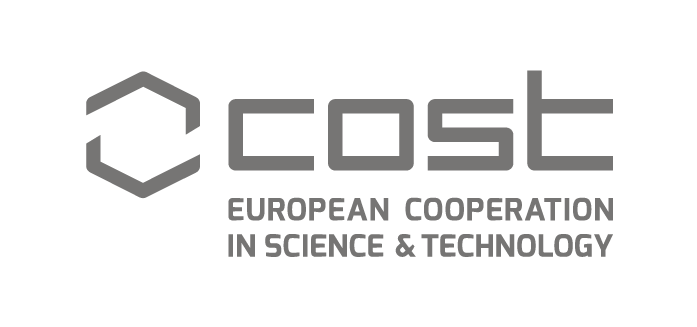Organizers

Anastasia Dimou
Assistant Professor, KU Leuven
David Chaves Fraga
Senior Researcher, KU Leuven & UPM
Freddy Priyatna
Knowledge Graph Engineer, Olive AI
Juan Sequeda
Principal Scientist, data.world
More and more knowledge graphs are constructed for private use, e.g., Siri, Alexa, or public use, e.g., DBpedia, Wikidata. While techniques to automatically construct KGs from existing Web objects exist (e.g., semantic labeling of Web tables), there is still room for improvement. Initially, constructing KGs from existing datasets was considered an engineering task with some ad-hoc approaches, however, scientific methods with more declarative-oriented techniques have recently emerged. In particular, several mapping languages for describing rules to construct knowledge graphs and processors to execute those rules emerged. Addressing the challenges related to KG construction requires both the investigation of theoretical concepts and the development of tools and methods for their evaluation
KGCW22 has a special focus this time on the automatization of knowledge graph construction methods, analyzing their alignment with previous standard but declarative approaches (i.e., mapping rules).
The workshop includes a keynote, (research, in-use, experience, position, tools) paper presentations, and break-out discussions.
Our goal is to provide a venue for scientific discourse, systematic analysis and rigorous evaluation of languages, techniques and tools, as well as practical and applied experiences and lessons-learned for constructing knowledge graphs from academia and industry. The workshop complements and aligns with the activities of the W3C CG on KG construction.
Authors can choose the best way to express their work, such as HTML or PDF. However, a LNCS-like layout should be provided or a CEUR layout (which will be mandatory for the camera ready). If your contribution will be in HTML, you can find some available tools in the ESWC22 HTML guideline.
Please, share your contribution before the deadline through the OpenReview platform. The accepted contributions will be published in the proceedings of the workshop through CEUR-WS. Each accepted paper needs to be presented by one of the authors at the workshop.
The workshop and tutorial are supported by the W3C community group on Knowledge Graph Construction and the DKG Cost Action.
We invite practicioners and users on knowledge graph construction to also attend to the KGC Tutorial on 29th of May.
All the details are available at this website.
10:30 - 11:00: Coffee Break
12:30 - 14:10: Lunch Break
15:30 - 16:00: Coffee Break
Abstract: The biopharmaceutical industry is embracing knowledge graphs for different purposes, from data integration (e.g. between clinical and biomarker data) for exploration and advanced analytics leading to novel medical insights, to general data representation achieving FAIR data and guiding process automatization. In this scenario of global adoption within complex, multinational companies, scalable techniques are needed to construct, maintain and govern such knowledge graphs, not only by a handful of semantic experts, but also for casual users with domain knowledge. In this presentation, we will show different approaches, challenges, projects, practical tools and solutions that we currently use and explore in Roche.
Submit your paper
The notification and reviews from our Program Committee will be available.
Time to have your paper ready for being published. All the accepted paper will be published in the proceedings.
Keynote, papers presentations, and a lot of discussion. Remember! If your contribution is accepted, it needs to be presented by one of the authors at the event.





| Year | Location | Proceedings | Website |
|---|---|---|---|
| 2019 | ESWC - Portorož (Slovenia) | http://ceur-ws.org/Vol-2489 | https://w3id.org/kg-construct/workshop/2019 |
| 2021 | ESWC - Online | http://ceur-ws.org/Vol-2873 | https://w3id.org/kg-construct/workshop/2021 |
COST (European Cooperation in Science and Technology) is a funding agency for research and innovation networks. Our Actions help connect research initiatives across Europe and enable scientists to grow their ideas by sharing them with their peers. This boosts their research, career and innovation.
https://www.cost.eu/

